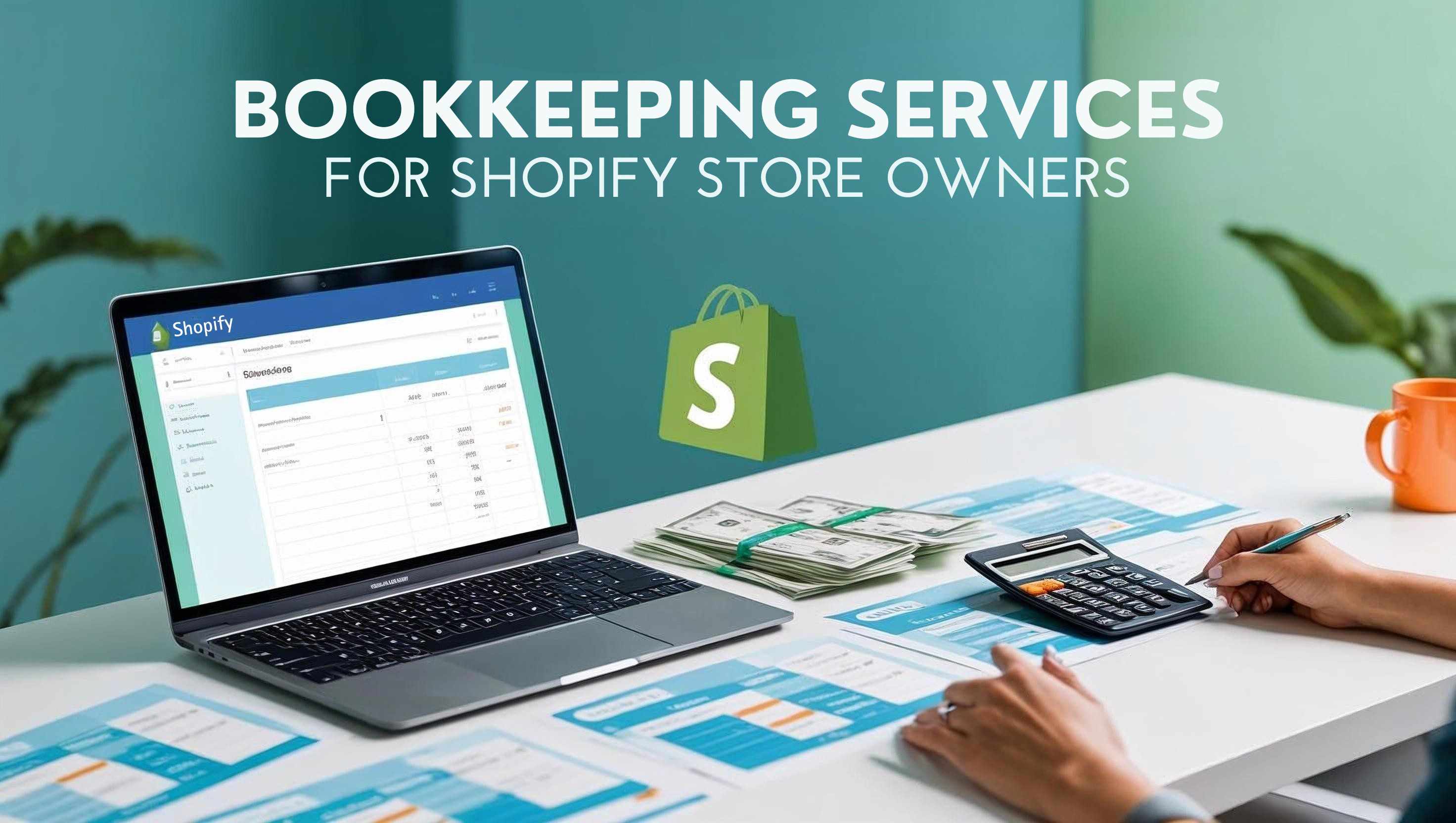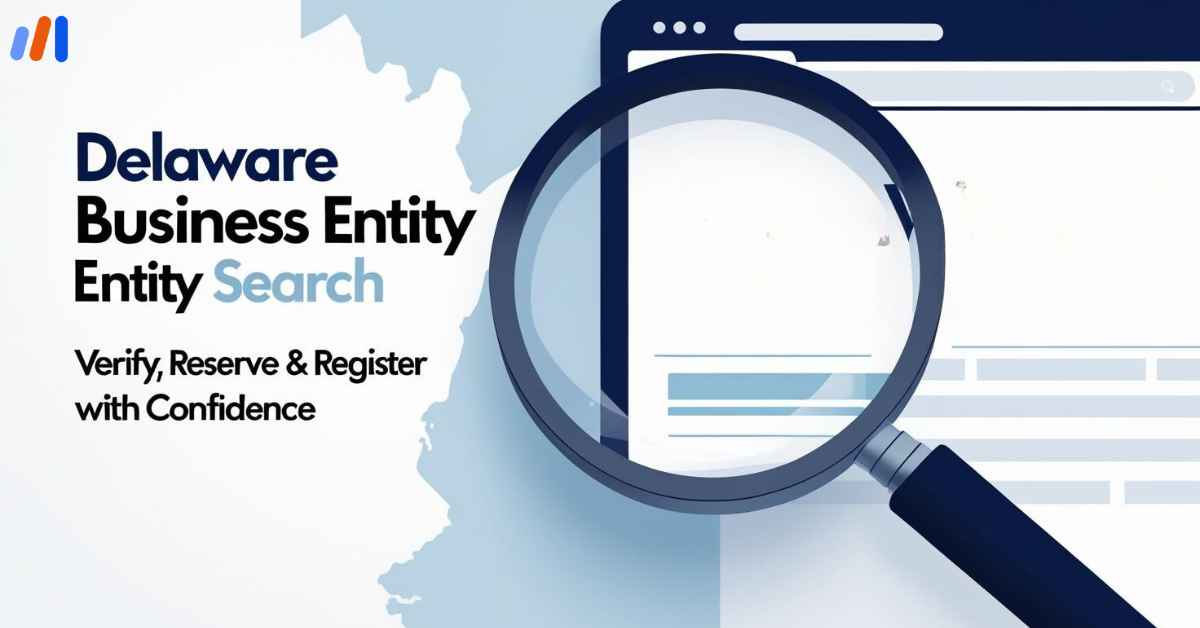Successful Shopify stores involve much more than the simple uploading of products and waiting for sales to come streaming in. In the background, each sale must be meticulously recorded, all expenses accounted for, and money balanced.
This is where bookkeeping comes into play; it is especially important (but often neglected) for online stores that intend to make a profit.
Unlike other businesses, Shopify Store owners need specialized bookkeeping services since they deal with unique problems like high daily sales volumes, multi-state or international tax complexities, and payment reconciliation through multiple gateways (PayPal, Stripe, and Shopify Payments).
This article outlines the ideal bookkeeping services for Shopify store owners by assessing features, pros, and other factors that influence optimal usage.
Why Shopify Store Owners Need Specialized Bookkeeping
As one can imagine, Shopify store owners need specialized bookkeeping attention. eCommerce or Shopify bookkeeping has unique complexities. Blended systems rarely work since…
There is a lack of upper limits: An average Shopify store, even on the smaller side, has the potential to surpass hundreds of transactions weekly.
Inventory tracking: COGS (Cost of Goods Sold), stock levels, and net profits for products are tracked.
Diverse payment methods: Revenue can be collected through Shopify Payments, PayPal, Stripe, and sometimes even cash on delivery.
Sales tax complexity: Shopify sellers frequently handle sales tax within different states or countries and must categorize and report accurately.
Third-party integrations: Perhaps you are using Klaviyo, ShipStation, or Oberlo, which impact revenue and expenses.
A qualified bookkeeping service will effortlessly manage these aspects while ensuring your finances are clean, compliant, and poised for growth.
1. EasyBooks by EasyFiling
Best for: Global Shopify sellers and entrepreneurs looking for an affordable, hands-off, and tax-ready solution.
Overview:
EasyBooks is a bookkeeping software specifically tailored for eCommerce entrepreneurs, including Shopify store owners. It’s best suited for businesses that require a done-for-you bookkeeping service with precise monthly financials and ongoing support.
Key Features:
- Integration with Shopify sales and expenses is seamless.
- Management of COGS, inventory, refunds, and fees tracking.
- Multi-currency transaction management for selling globally.
- Monthly provision of profit and loss statements, balance sheets, and cash flow statements.
- Financial reporting for tax filing at year-end.
- Payroll, invoicing, and sales tax support are add-ons available.
Why It Stands Out:
It is the full-service model that sets EasyBooks apart. It’s not just about numbers; it’s about understanding eCommerce. The team behind EasyBooks knows how Shopify works and offers white-glove support, personalized insights, and the flexibility to grow with your business.
Bonus:
It’s backed by EasyFiling, a platform considered reliable for forming LLCs and providing virtual addresses and compliance services, perfect for Shopify sellers expanding to the U.S. from overseas.
2. Bench Accounting
Best for: Shopify sellers based in the U.S. that want clean books, a smooth user experience, and optional tax filing.
Overview:
Bench is an online bookkeeping platform that offers software along with real human bookkeepers. Bench is particularly well-suited for small businesses and Shopify owners because it provides monthly reports and eliminates the need for spreadsheets.
Key Features:
- Dedicated bookkeeper team
- Shopify and Stripe connections through third-party apps
- Financial dashboards with visual reporting
- Tax preparation services (Bench Tax) are offered
- Historic bookkeeping cleanup
Why It Stands Out:
Bench makes it simple for clients who want to easily understand their financial health without complex jargon. Their clean reports allow non-financial experts to monitor their business’s fiscal health, and their tax add-on allows clients to consolidate bookkeeping and taxes under one organization.
Limitations:
High-volume or inventory-heavy stores may find that Bench has some limitations because of the lack of integration with inventory management systems, defaulting to no accrual accounting, and no inventory accounting.
3. Xero with A2X Integration
Best for: Shopify sellers who wish to completely automate their systems or prefer some accounting assistance.
Overview:
Xero is a cloud-based accounting software that is popular and used across industries. However, when combined with A2X, it becomes a perfect solution for Shopify store owners who want reliable automation and clean accrual-based financials.
Key features:
- Accurate sales summaries tracked from A2X and auto-synced into Xero
- Tracks sales, fees, discounts, tax refunds, taxes, COGS, and gross profit
- Bank feeds and auto-reconciliations
- Supports multiple currencies and regions
- Dashboard monitoring for cash flow in real-time
Why It Stands Out:
A2X works in conjunction with automation tools and is specially designed for e-commerce. It also helps convert the Shopify payouts into journal entries, which helps improve financial reporting. With Xero’s advanced financial reporting features, you get investor-ready books and A2X’s automation tools.
Who It’s Best For:
Accountant-controlled users who already have an accountant or prefer an in-house CFO for more control over their company’s bookkeeping.
4. QuickBooks Online with A2X or Other Connector Apps
Best for: Shopify sellers already using QuickBooks or looking for strong customization and integration.
Overview
In the world of finance, QuickBooks Online (QBO) is a powerhouse. Shopify doesn’t connect with QuickBooks directly, but you can use A2X, Bold Commerce, or Connex to automate syncing your transactions and managing your finances with ease.
Key Features
- Automatic syncing of Shopify orders, fees, and refunds
- Complete general ledger with journal entry capabilities
- Inventory control and job cost accounting
- Payroll, contractor payments, invoicing, and more
- Integration-friendly with eCommerce CPAs and accountants
Why It Stands Out
QuickBooks is the go-to solution if you need complete control and to work directly with your accountant. The extensive and easily accessible feature set supports customizing reporting and growing alongside your business.
Potential Drawbacks
QBO can be confusing and overwhelming for finance novices. An accountant or bookkeeper with eCommerce knowledge is highly recommended.
5. EcomBalance
Best For: Shopify stores with $250K+ annual revenue that are in the high-growth phase and need eCommerce experts.
Overview
Customizable reports and financial clarity for serious sellers are exactly what EcomBalance provides. Built by eCommerce entrepreneurs, the company exclusively offers bookkeeping services tailored to eCommerce sellers, so you know they understand the industry like no other.
Key Features:
- Supports Shopify, Amazon, Walmart, Etsy, eBay
- Dedicated team of accountants
- Custom financial reports and forecasting
- Monthly strategy calls
- Expense categorization tailored for e-commerce
Why It Stands Out:
If you require deeper insight from financial numbers beyond what your traditional bookkeeper provides, EcomBalance is the best fit. The service nurtures efficient capital raising and scaling, and thus helps in making informed strategic decisions.
Who It’s Not For:
Smaller Shopify stores or new businesses might find it overkill unless they’re scaling quickly.
What to Look for in a Shopify Bookkeeper
Selecting the right bookkeeping service goes beyond the price. Here’s a list of what else needs attention:
Integration with Shopify: Automated syncing with Shopify ensures there are no manual errors to deal with.
Compliance with Sales Taxes: Look for someone who understands the sales tax law and is ready to help with relevant filings.
Tracking COGS with Inventory: Essential for tracking profitability.
Adaptability: Can the service keep up with your growth?
Quality of Reporting: Well-organized reports and information enable thriving businesses to make informed decisions
Assistance: An individual who can help answer your queries is a great asset.
Key Takeaways
Your Shopify store is built on bookkeeping. Whether you are just starting or earning six figures monthly, selecting appropriate bookkeeping software can save you time, stress, and even boost profits.
EasyFiling’s EasyBooks is a smart, scalable option if you are looking for a fully managed bookkeeping solution with Shopify integration and international tax knowledge.
Want to Automate Your Shopify Bookkeeping?
With EasyBooks, get hands-on bookkeeping designed for your e-commerce business and real insights at every step.
👉 Speak to an EasyBooks Expert Now
Frequently Asked Questions (FAQs)
1. Is a bookkeeping service necessary for small Shopify stores?
Absolutely! Small Shopify stores stand to gain from bookkeeping. Tracking income, expenses, and inventory from day one saves you from costly oversights, keeps you tax compliant, and provides a better understanding of profitability. And, as your store expands, these records mean simpler financial management.
2. Am I able to replace a bookkeeper with Shopify reports?
Reports from Shopify are amazing when it comes to providing insights about sales, but they do not replace bookkeeping. They also do not track expenses or categorize transactions for tax purposes, nor do they create accurate financial statements like profit & loss or balance sheets. Only a bookkeeper takes care of ensuring that the entire financial picture, not just sales, is organized and ready for taxes.
3. What is the average cost of Shopify bookkeeping services?
Costs vary depending on the service level, the number of transactions undertaken, and whether you decide to go with a freelancer or a full-service provider. Basic plans can kick off from around $100 a month, while more advanced solutions or those with high volumes, such as EcomBalance, can go for $500/month or even more. EasyBooks offers low-cost, flexible pricing designed for eCommerce businesses, which makes it stand out.
4. What is the relationship between accounting and bookkeeping?
Bookkeeping is defined as maintaining records and organizing daily financial transactions, while accounting deals with analyzing the information to provide financial insight, management analysis, tax filing, and strategic decision making. Bookkeeping serves as the foundation since, without it, accounting is impossible. A lot of these services, like EasyBooks, work along with accountants to provide both.
5. How useful is bookkeeping regarding sales tax and inventory management?
As with traditional bookkeeping, eCommerce sales tax tracking and inventory management are available with specialized services that focus on eCommerce bookkeeping. Integration with Shopify and A2X connected to their bookkeeping solutions captures tax information and COGS automatically. Others also provide automated sales tax filing and compliance add-ons or partnerships.
File Your LLC Today
25$ off with a coupon
Lock in EasyFiling's transparent rates and get lifetime compliance support at no extra cost.
Get Started Now








